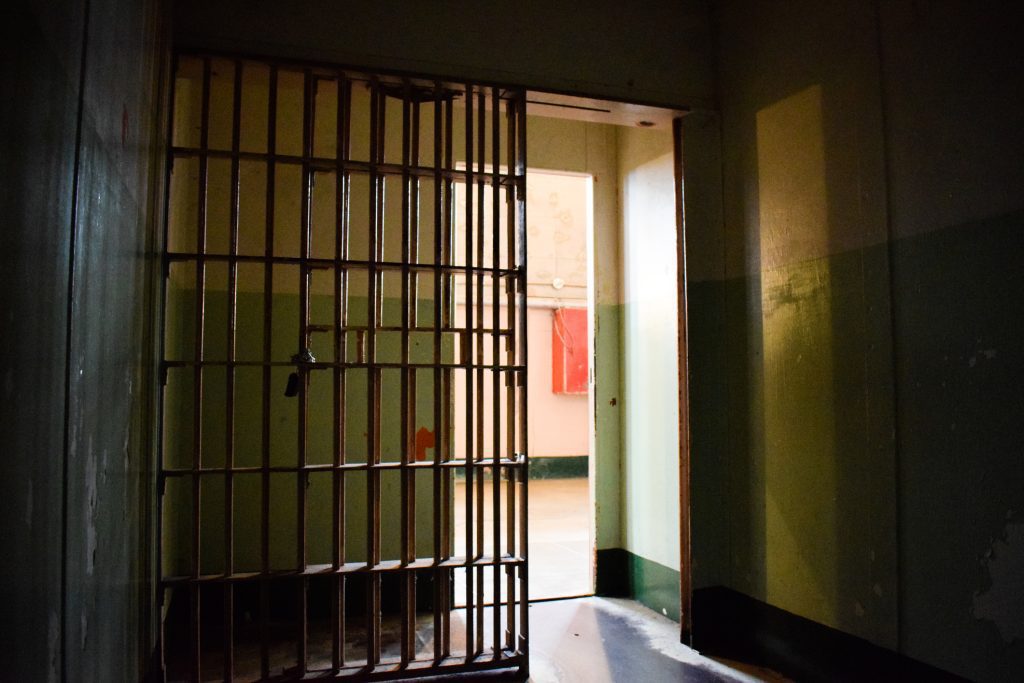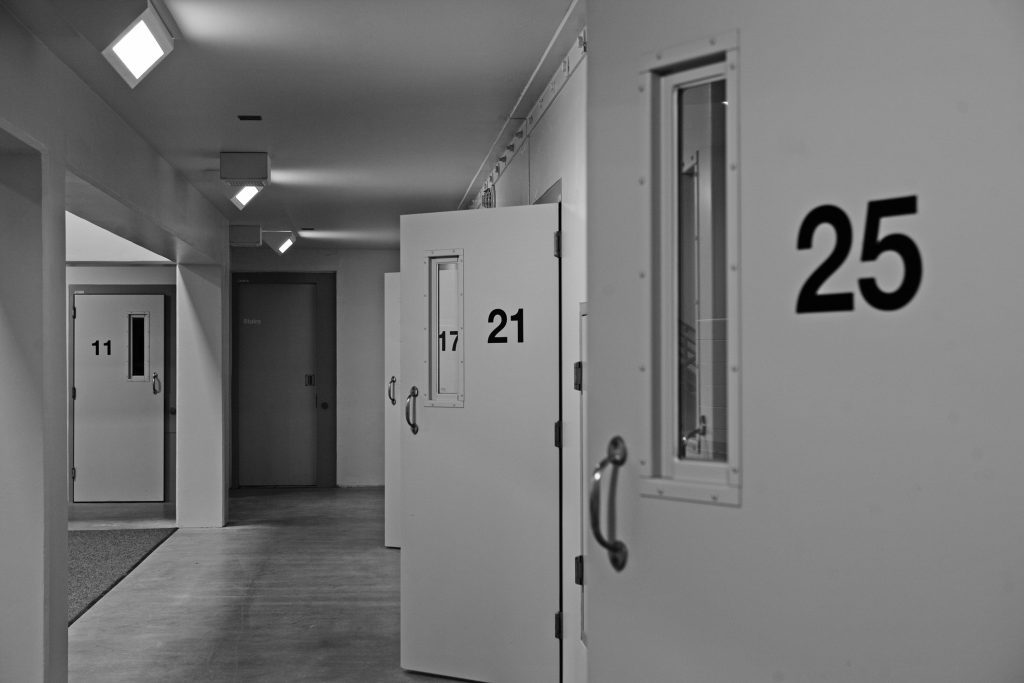Yes. Prisoners have Fourth Amendment rights. But your constitutional rights can look a little different in a federal prison.
Outside of prison, for example, police may need a warrant to search you and your property. Otherwise, they may violate one of your Fourth Amendment rights. But those rights don’t apply in the same way inside of prison. As an example, prison officials likely won’t need a warrant or probable cause to search your cell.
What are your Fourth Amendment rights?
Your Fourth Amendment rights protect you from unreasonable searches, even prisoners. This means that the police need a warrant or another good reason to search you or your property. It also protects you from unreasonable seizures. This means that police may not arrest you or take your property without a legal reason.
These Fourth Amendment rights are guaranteed by the Constitution. But your constitutional protections, including your Fourth Amendment rights, look different in prison. Because prison officials must keep prisons safe, they can search you and your cell more freely. To keep incarcerated people safe, officials constantly search for drugs, weapons and other dangerous items.

Can prison officials search your cell without you there?
Yes. Because prisoners don’t have the same privacy rights under the Fourth Amendment in prison, officials can search your cell at any time. This includes when you are not there, And officials don’t even have to tell you if they have searched your cell at all.
Sometimes, prisons also investigate crimes without telling incarcerated people. You may only find out that someone has searched your cell if they find evidence of a crime. They can use anything they find in your cell or on your body against you. And prison officials do not need a warrant to do so.
Prison officials can also search your cell if they get a tip from another incarcerated person. On some occasions, officials may even search an entire area, or “block,” of cells. Sometimes, this is to gather information. Other times, they don’t want incarcerated people to know which cell they’re really focused on.

Do prisoners have any right to privacy?
Sort of, but not much. Prisoners don’t lose their Fourth Amendment right to privacy simply because they are in prison. But their expectation of privacy is certain much lower.
The Bureau of Prisons provides a handbook for newly incarcerated people that describes the types of searches officials may conduct. Again, officials can search your cell and can take anything that violates a rule. They may also read, and sometimes take or copy, letters you write or receive. The only exception involves letters to your attorney. The handbook tells you how to make sure officials don’t damage or take your property.
You can find the rules for cell and body searches in the handbook, too. There are certain rules officials must follow when searching your person. These rules protect people in prison from sexual assault and address pat-downs and strip searches. But, ultimately, you need to know that prison officials will search you and your cell regardless of your Fourth Amendment rights.
The Takeaway:
Prisoners have Fourth Amendment rights, but they look very different in prison. Prison officials can search your cell without a warrant. They also don’t have to tell you about a search. And, if they find something that violates a prison rule or a law, they can use it against you.






